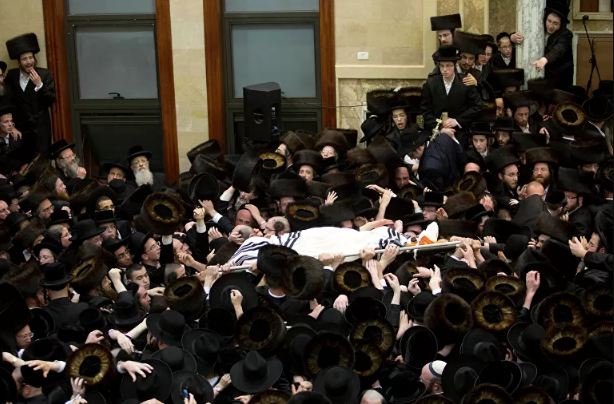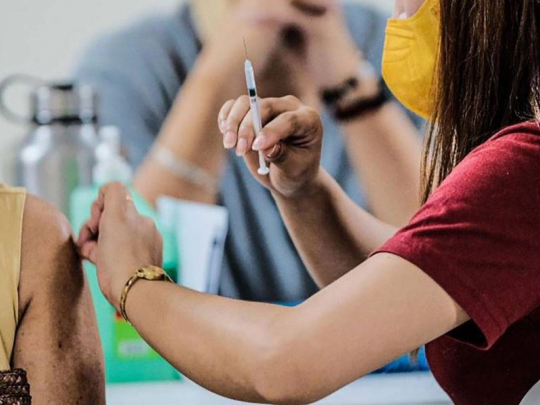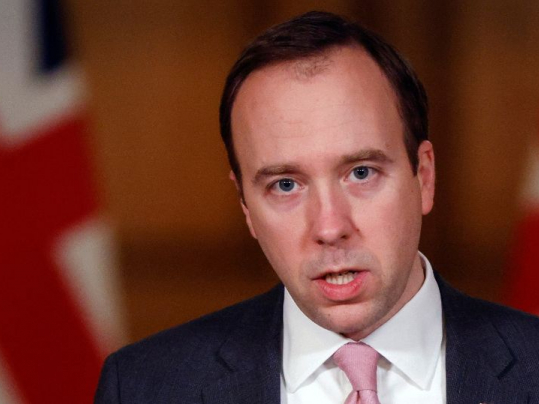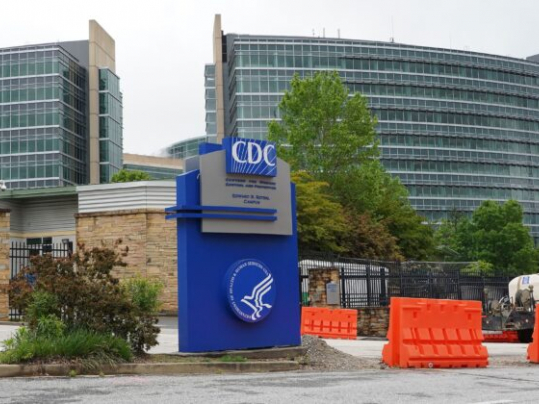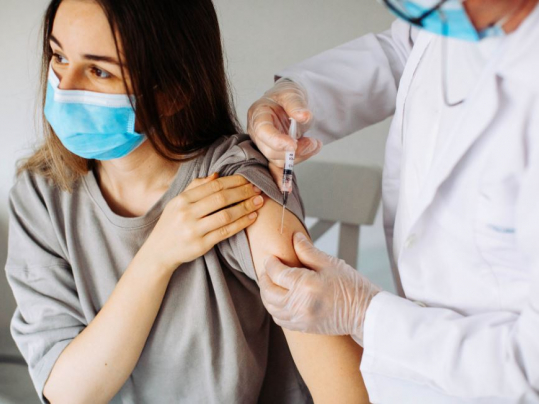Threat to Israel? As Ultra-Orthodox Community Increases, Secular Population Fears Country's Collapse
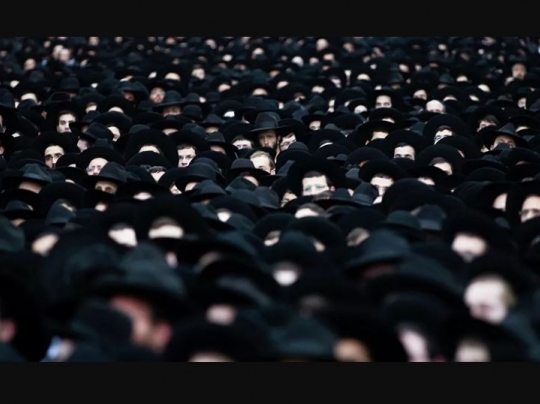
Israel's Haredi population is projected to make up some 40 percent of the country by 2065. And if that happens, the nation's economy might be at risk, simply because its secular individuals, who make up the main work force, will struggle to find the means to sustain it.
Israel's Ultra-Orthodox community, which currently makes up 12 percent of the country's nine million people has gotten used to being blamed for the Jewish state's multiple problems.
Israel's Scapegoats?
With the eruption of COVID-19 in mid-March, Israeli media blamed them for not adhering to the regulations enacted to curb the spread of the virus, and multiple reports have been devoted to registering the instances in which they broke the rules set by the government.
Such was the case in November, when despite the ban, Ultra-Orthodox cities and neighbourhoods opened their educational institutions.
And such was the case in December, when reports suggested the Haredi community was still holding mass weddings and gatherings despite the raging pandemic that has already claimed the lives of more than 3,000 Israelis.
In fact, the campaign against them was so strong and loud that several high-profile members of the Ultra-Orthodox community published op-eds, claiming the Israeli media was "allowing their blood to be spilt".
Such accusations, however, are nothing new. Even before the outbreak of the pandemic the Ultra-Orthodox community drew criticism from the Israeli general public and Dr Shuki Friedman, Director of the Centre for Religion, Nation, and State at the Israel Democracy Institute, attributes that tendency to them "often enjoying rights that others do not have".
Members of the Haredi community, for example, enjoy tax reductions, lower prices on municipality bills, discounts on accommodation, and education.
They are also exempt from compulsory military service, and this is something that the general public, who is forced to carry this burden, is struggling to accept.
But it's not only these factors at play. "The Haredi community has some sort of economic and educational autonomy", explains Friedman.
"They have their own curriculum, they allow themselves not to recognise the national symbols of the state and they have their own sources of authority; and this can partially explain the reasons behind Israeli public's criticism towards this community".
Some twenty years ago, this would not have been the case. The Ultra-Orthodox did enjoy relative autonomy and relied on the state for financial assistance, but their power was limited and so was their ability to dictate the rules of the game.
Now, however, as their numbers continue to grow, they are projected to reach 40 percent of Israel's population by 2065, their leaders seem to have better chances of making political claims and getting better deals on taxes, education, and even budgets.
In 2018, it was reported that Israel had allocated some $400 million of its $148 billion budget to the Ultra-Orthodox community and a year later reports suggested their educational institutions received some $260 million.
Collapse Looming?
These demands will keep growing, believes Friedman, considering their high fertility rate and the fact they're considered the fastest-growing community in the world.
And the risk of their growing appetite could spell problems for the Jewish state and its economy.
It was recently reported that with time, as their numbers increase, Israel's secular population, who carries the lion's share of the load might find itself in the minority, something that will result in higher taxes, bigger debts, and broad unemployment.
It will also mean an expanding poverty cycle and that many children might be brought up without the hope for a better future.
"Today, we have 50 or even 60 percent of Haredis living below the poverty line. If we keep going in that direction, we will have a situation, where somebody will need to finance them and that 'somebody' will be Israel's secular population", explained the pundit.
Throughout the years, Israel has initiated projects aimed at integrating the Haredi community. The country's military offered special programmes to those members, who wanted to serve in the army, applying sex segregation in bases with religious soldiers.
On the economic level, Haredis were given incentives to become integrated into the workforce and attempts have been made to include secular subjects into their curriculum.
Those efforts did bear some fruit but they were far from offering a holistic solution to the problem, and Friedman says the only way out of the current crisis is by introducing major changes.
"First, the government should minimise its support for this community, something that will inevitably increase their incentive to work. And, second, we need to try and convince them to change their values and preferences. But this is highly problematic because it is their rabbis, who dictate the rules of the game and I doubt they will want to relinquish the power they have".
- Source : Elizabeth Blade





